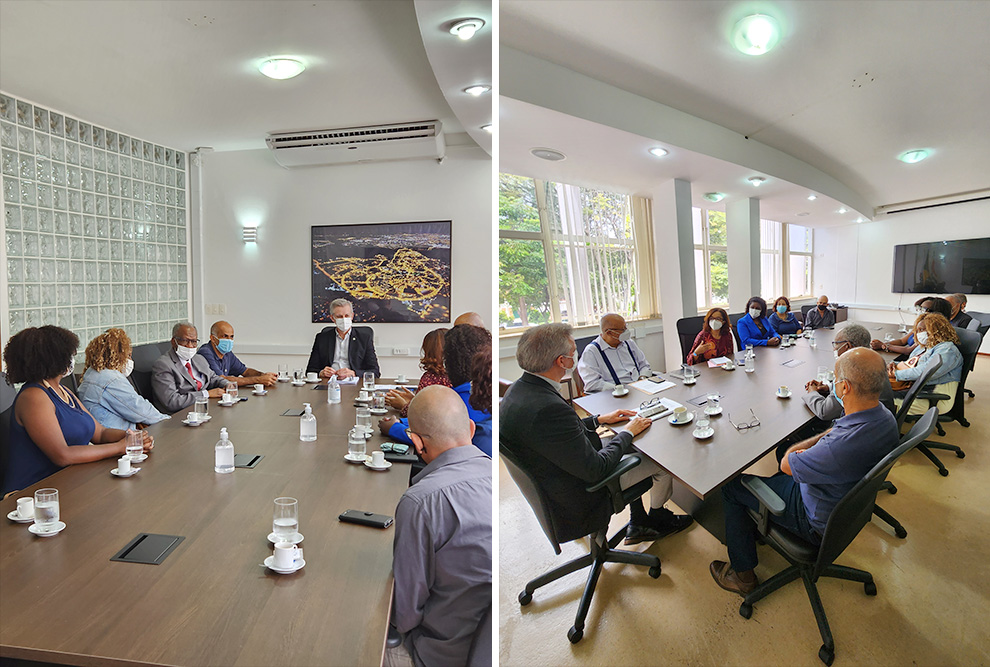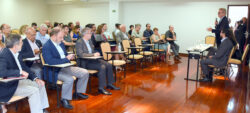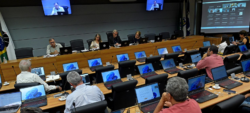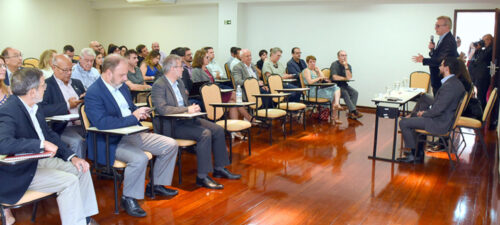On the morning of this Tuesday (20), two working groups (GTs), set up by the Dean's Office and coordinated by Unicamp's Pro-Rectory for Extension and Culture (Proec), delivered their final reports to the Rector Antonio José de Almeida Meirelles . Among the results, the implementation plans for a Nucleus of Afro-Brazilian Studies (NEAB) at Unicamp and an Institutional Sport Policy for the University stand out. The documents will now be forwarded to the respective administrative processes for effective implementation in 2023.
“The NEAB idea is to be a space where the issue of Afro-Brazilian studies is addressed not only from an academic point of view, but also from a teaching and extension point of view, giving it the necessary dimension it deserves,” he said. the Dean of Extension and Culture, Fernando Coelho, who chaired both WGs.
For the pro-rector, the proposal for the creation of the Nucleus was born robust due to the internal and external supports that built it. The very constitution of the WG was, according to him, very representative, bringing together agencies from the municipal government to combat racism, collectives of university students, representatives of the black community of the Metropolitan Region of Campinas, in addition to various sectors of the University. “The creation of the Nucleus, which was already a campaign commitment of the dean, signals a position taken by the State University of Campinas”, he pointed out.

Institutional Sports Policy
The second document delivered proposed an Institutional Sports Policy for Unicamp, a system that organizes all sports actions that the University carries out inside and outside its campuses. The purpose of the proposal is to develop a policy that includes high-performance sports at the same time, encouraging university athletes; competitive sports, including all athletics; and leisure sports, involving the internal and external communities. “Very few universities in Brazil have an institutional sport policy. Among the women from São Paulo, we will certainly be pioneers”, highlighted Coelho.
The Policy should also play an important role in the process of integrating extension into undergraduate teaching (curricularization), ongoing at the University. “A well-established and institutionalized sport policy can collaborate enormously to organize extension projects and programs in this area, increasing student engagement and allowing these activities to be included in their curricula”, he said.
Originally published on Unicamp website





